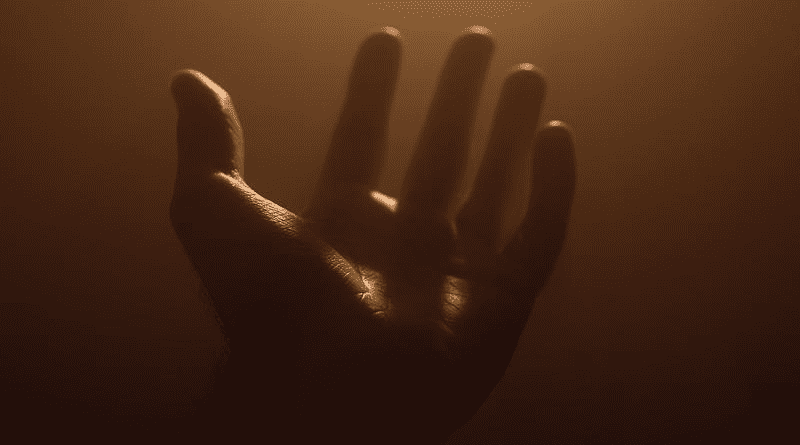Ukraine: Russian Forces Tortured Izium Detainees, Says HRW
Russian forces and others operating under their command routinely tortured detainees during their six-month occupation of Izium, a city in the Kharkiv region of northeastern Ukraine, Human Rights Watch said.
Survivors described being subjected to electric shock, waterboarding, severe beatings, threats at gunpoint, and being forced to hold stress positions for extended periods. They identified at least seven locations in the city, including two schools, where they said soldiers had detained and abused them.
“The cruel violence and abuse in Izium were not random incidents,” said Belkis Wille, senior crisis and conflict researcher at Human Rights Watch. “Multiple victims shared credible accounts with us of similar experiences of torture during interrogation in facilities under the control of Russian forces and their subordinates, indicating this treatment was part of a policy and plan.”
In late September and early October, Human Rights Watch spoke with over 100 people in Izium who were there during the Russian occupation of the city, from March to early September 2022. Almost all said that they had a family member or friend who had been tortured, and fifteen people, fourteen men and one woman, described being tortured themselves. One of the men had ties to the armed forces but the rest were civilians. The families and friends of two other men who were detained and tortured said the men killed themselves within days their release.
Those detained were taken from their homes, on the street, or from an outdoor market and held for up to 14 days. All the men said they were given electric shocks or beaten with hands, rifle butts, metal pipes, plastic pipes, a rubber hose, and in one instance a stick with a bag of sand at the end. One man was detained five times and tortured multiple times during each detention.
The woman said soldiers slapped her, punched her in the stomach, and threatened to rape her during her day-long detention. The Washington Postreported the case of another woman apparently held in the same room at a different time, who said she was repeatedly raped. A man held there at the same time said he heard women screaming and overheard soldiers talking about sexual violence against at least one detainee.
One 21-year-old man said soldiers detained him at an outdoor market on July 5 or 6 because they saw a tattoo on his elbow which he said is common among some people with right wing views. He said he had the tattoo because it was also popular among some Ukrainian football fans.
One man detained in early April from his workplace at the water pumping station said the soldiers forced him to be recorded on video while they accused him of being a “Banderovets,” a term used derogatorily by Russians to refer to Ukrainians who support their government; the term is an allusion to the anti-Soviet partisan movement during World War II. When he was released two days later, some of his friends told him that they had seen the video. Human Rights Watch located the video reposted on YouTube, showing the man researchers interviewed being accused of being a “Banderovets.”
All those detained said they were ordered to reveal the names of Izium residents who served in the police force, the Territorial Defense Forces, or were veterans of the 2014 Ukrainian military and security force operations in the Donbas region, known as ATO. Some were accused of possessing weapons or drugs. Two said they were asked directly whether they supported Russia. Russian forces tried to compel one man who had a generator at his home to sign a document handing his home over to them. Another said forces came to his home, put marijuana on his kitchen table, and demanded that he sign a confession that he possessed drugs.
All of those interviewed who were detained said Russian soldiers stole items from them, including money, jewelry, electronics, and cars.
Human Rights Watch has previously documented Russian forces’ torture of people in other regions of Ukraine that they occupied.
International and national medical organizations and institutions should urgently establish services in the Kharkiv region and other de-occupied areas to support victims of torture, including psychosocial (mental health) support and specialist services for survivors of sexual violence.
“We are still learning about the scope of the crimes and other abuses committed against people in Izium during Russian occupation, but it is clear that survivors need assistance now,” Wille said. “Our findings indicate that Russian troops have committed horrific abuses in many areas they have occupied, and there is real concern about similar abuses in other areas they continue to control.”

